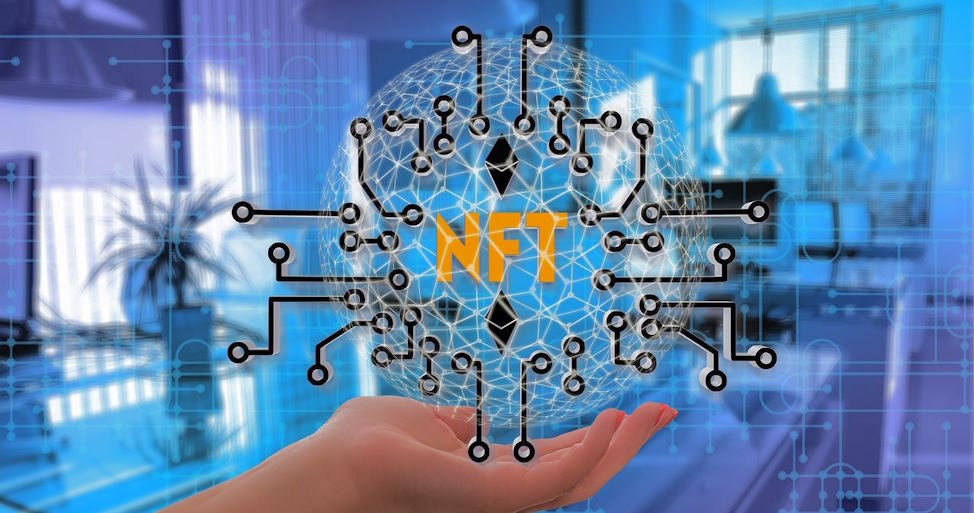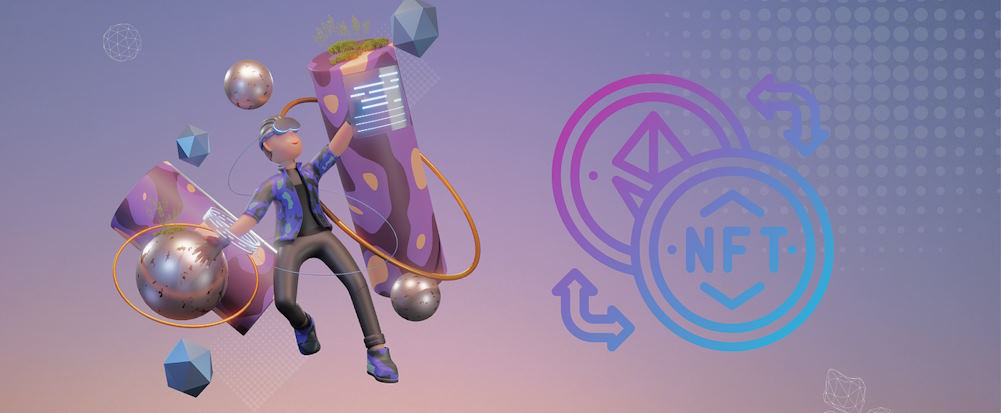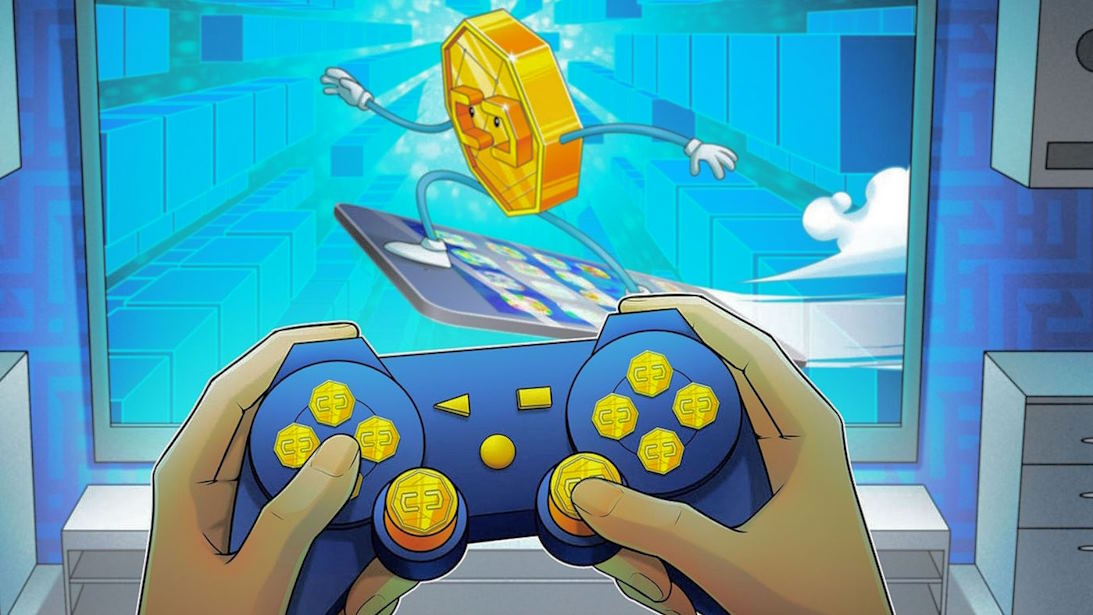Non-Fungible Tokens (NFTs), digital tokens representing unique and provably scarce assets, have catapulted digital ownership into the spotlight, while decentralized games have disrupted traditional gaming paradigms by placing power and rewards into the hands of players. The convergence of NFTs and decentralized games has given rise to an extraordinary synergy, ushering in a new era of interactive and economically empowering gameplay.
Decentralized Games: A New Paradigm
Decentralized games, a nascent but rapidly growing phenomenon, have redefined how we perceive and participate in gaming. These games are built on blockchain technology, decentralizing control and ownership, and enabling players to have true ownership of in-game assets. Unlike traditional centralized games, where developers retain control over the game environment and player assets, decentralized games empower players to make decisions that affect the game’s direction. This shift in power dynamics has given rise to play-to-earn models, enabling players to monetize their skills and time invested in the game. Blockchain’s characteristics of transparency and security are seamlessly integrated into decentralized games, fostering an environment of trust and innovation.
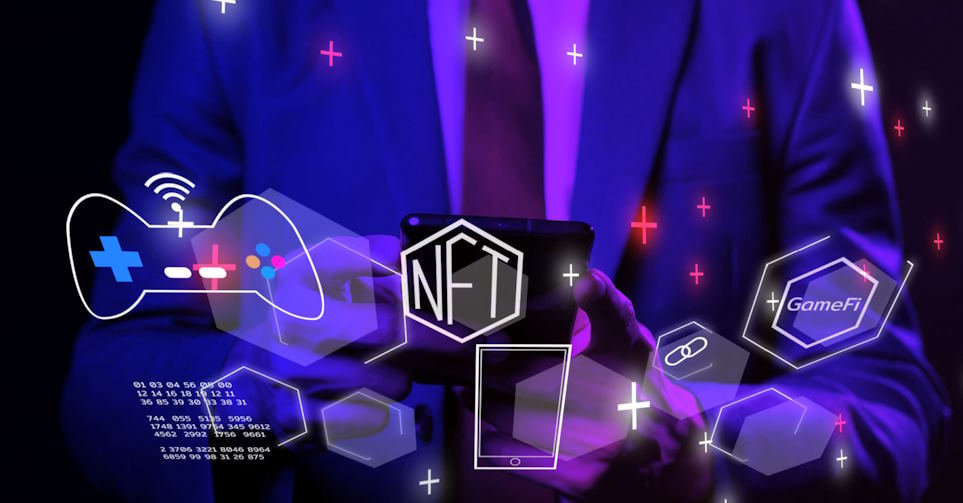
The Convergence: NFTs in Decentralized Games
The convergence of NFTs and decentralized games marks an unprecedented union of innovation. Game developers have recognized the potential of NFTs to enhance player experiences by transforming in-game assets into NFTs. Players can truly own their virtual swords, characters, skins, and more, with the ability to buy, sell, and trade these assets outside the game environment. This integration introduces a new dimension of rarity and value, where coveted assets become status symbols, and players are incentivized to engage deeply with the game. The concept of “digital scarcity” takes center stage, as the limited supply of NFTs mirrors the scarcity of physical objects, driving up their value and desirability.
Synergies and Benefits
The synergy between NFTs and decentralized games extends far beyond superficial enhancements. Enhanced player engagement and retention are natural outcomes of this integration. The prospect of owning valuable NFTs incentivizes players to invest time, effort, and resources into the game, leading to longer and more committed gameplay. Moreover, the play-to-earn model, made possible through NFTs, revolutionizes the economics of gaming. Players can now earn real income by participating in the virtual worlds they love. This economic empowerment democratizes gaming, blurring the lines between leisure and livelihood. Additionally, the advent of NFTs fosters a creative community, where players and artists collaborate to design unique in-game assets, further enriching the gaming experience.
Challenges and Considerations
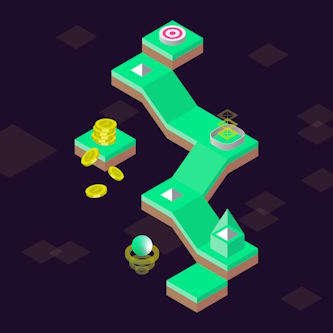 While the marriage of NFTs and decentralized games holds immense promise, challenges loom on the horizon. Scalability remains a key concern, as the underlying blockchain infrastructure must support the growing demand for NFT transactions within games. Striking a balance between inclusivity and avoiding pay-to-win dynamics is essential to prevent a disproportionate advantage for those with more resources. Environmental concerns related to the energy consumption of blockchain networks also demand thoughtful consideration. Moreover, the regulatory landscape surrounding NFTs and gaming is evolving, necessitating transparent and responsible practices to ensure long-term viability.
While the marriage of NFTs and decentralized games holds immense promise, challenges loom on the horizon. Scalability remains a key concern, as the underlying blockchain infrastructure must support the growing demand for NFT transactions within games. Striking a balance between inclusivity and avoiding pay-to-win dynamics is essential to prevent a disproportionate advantage for those with more resources. Environmental concerns related to the energy consumption of blockchain networks also demand thoughtful consideration. Moreover, the regulatory landscape surrounding NFTs and gaming is evolving, necessitating transparent and responsible practices to ensure long-term viability.
Future Possibilities and Trends
Looking ahead, the convergence of NFTs and decentralized games continues to evolve. The integration of VR/AR technology holds the promise of even more immersive experiences, blurring the lines between the physical and virtual worlds. As cross-chain interoperability standards improve, NFTs could seamlessly travel between different blockchain ecosystems, enhancing their utility. Furthermore, the influence of NFTs on game design, storytelling, and the metaverse concept could redefine the very nature of gameplay.
The Road Ahead: Opportunities and Caution
Navigating the complex terrain of NFTs and decentralized games requires a balance of innovation and responsibility. As the gaming industry transforms, ethical considerations and user-centric design should remain paramount. Embracing these technologies in ways that empower players without compromising inclusivity, fairness, and environmental sustainability will be crucial for their sustained success.

